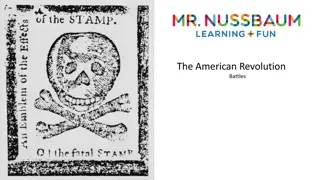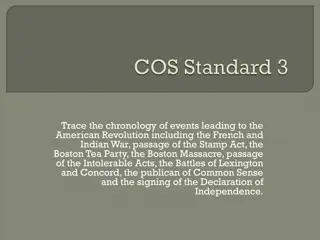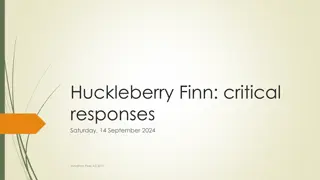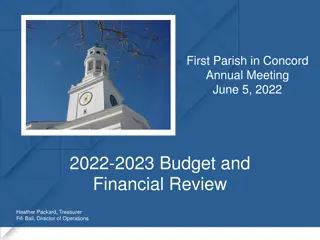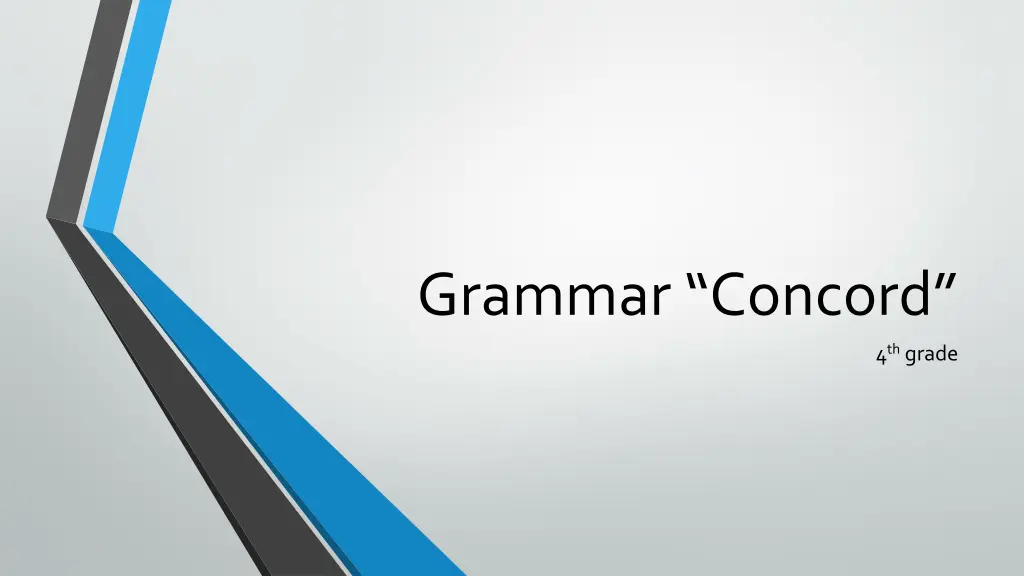
Understanding Concord: Types, Examples, and Rules
Learn about the concept of concord in grammar, including its definition, types such as number, person, and gender concord, subject-verb concord, nominal relative clauses, notional concord, proximity, and collective nouns. Understand the rules and examples to improve your writing skills.
Download Presentation

Please find below an Image/Link to download the presentation.
The content on the website is provided AS IS for your information and personal use only. It may not be sold, licensed, or shared on other websites without obtaining consent from the author. If you encounter any issues during the download, it is possible that the publisher has removed the file from their server.
You are allowed to download the files provided on this website for personal or commercial use, subject to the condition that they are used lawfully. All files are the property of their respective owners.
The content on the website is provided AS IS for your information and personal use only. It may not be sold, licensed, or shared on other websites without obtaining consent from the author.
E N D
Presentation Transcript
Grammar Concord 4thgrade
Concord Definition concord (also called agreement) In the most general terms concord is a relation between two elements such that they match one another in terms of some grammatical feature.
Types of Concord There are three major types of concord : 1. concord of Number (singular and plural) 2. concord of person (1st,2nd,3rdperson(s)) 3. concord of gender ( feminine and masculine ) Note: proximity and notional concord are only grammatical cases that affect applying concord.
Subject-verb concord The most important type of concord in English is concord of number between subject and verb The window is open. ( the subject is singular and the verb is singular) The windows are open. ( the subject is plural and the verb is plural) Note : clause in the position of subject counts as singular for purposes of concord: How they got there doesn't concern me The same is true of prepositional phrases, etc., acting as subject: After the exams is the time to relax,.
Nominal Relative clause as a Subject Nominal relative clauses (since they are equivalent to noun phrases) may have plural as well as singular concord: What were once human dwellings are (or is) now nothing but piles o f rubble
Notional concord and Proximity Notional concord : is the agreement of verb with subject according to the idea of number rather than the actual presence of the grammatical marker for that idea. The government have broken all their promises. proximity denotes the agreement of the verb with whatever noun or pronoun closely precedes it, sometimes in preference to agreement with the headword of the subject. No one except his own supporters agree with him.
Collective nouns In BrE, collective nouns, notionally plural but grammatically singular, obey notional concord in examples such as the following where AmEusually has the singular The audience were enjoying every minute of it. Note: if the group is being considered as a single undivided body (singular) , or as a collection of individuals (plural) The team haswon the match. The team are celebrating




